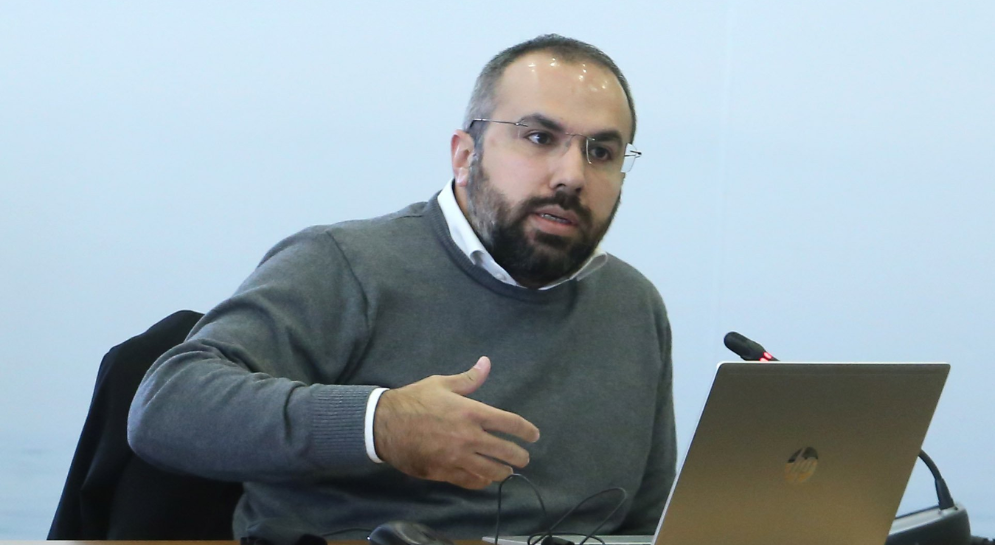
The government’s myths about the economy and one truth – Article by Charis Polycarpou AKEL Political Bureau member and Head of Economic Policy of AKEL
9 December 2022
I have read a series of statements by the Minister of Finance and listened to his speech on the 2023 Budget. There is one thing that – although to be expected – makes an awful impression. Namely, the fact that he has no idea about society’s realities and people’s day-to-day lives. Despite what is happening around us, he did not find a single negative aspect or one thing that the DISY government should improve.
He even made sure to construct myths to convince of his claims.
First myth. The Finance Minister says that we have high growth rates and therefore we are providing security and stability to society.
But society doesn’t feel secure just because you say so, but through actions. A large section of the people do not feel protected when their incomes are falling, with Cyprus recording the worst performance across the EU. Workers feel insecure when inflation erases a tenth of working people’s wages, while the government appears apathetic.
Second myth. The Finance Minister says that we have taken action on inflation and supported society more than most countries.
First of all, let us welcome the Minister of Finance to the reality of expensiveness/high cost of living and inflation. That is to say, the reality that households and businesses have been experiencing for the last year and a half. The one he stubbornly denied, culminating in the flawed position – with which he drew up the 2022 Budget – that inflation would be restricted to 1.5% of GDP in 2022. This was a position that was refuted in the worst possible way for society when inflation rose to unprecedented levels, exceeding 10% during the summer. Secondly, before making comparisons, it is advisable to refer to the figures published by the “Financial Times” which reveal that Cyprus is at the bottom of the ranking of countries regarding the percentage of state aid as a percentage of GDP to deal with increased energy prices.
Third myth. Regarding loans, the Finance Minister claims that the truly vulnerable have not lost their primary home and even states that they have been protected. He continues to consider the government ESTIA scheme a success, and characterises those who do not fall within the criteria as strategic defaulters, stating: “When you have income and property but don’t use it to pay off your loans, you are de facto excluded, the taxpayer will not pay for you.”
I don’t think it takes much to see the degree of callousness of this position. When you are not part of society, you cannot understand its real problems. Not only were those who had property rejected from the ESTIA scheme, but also those who did not necessarily have income. And these were the majority, namely those who should have been the first to receive support. But obviously they were not the ones the government wanted to help, otherwise it would not have labelled them as ‘strategic defaulters’, even expressing its satisfaction with the success of the scheme.
However, there is one more point that the Finance Minister should answer. He claims that no vulnerable person has lost their home. At the same time, the banks have gone ahead in droves with mortgage exchanges for debt. Does he think that all those who have gone into the forced ‘voluntary’ exchange of their homes have all been homeowners?
Fourth myth. He states that DISY President Averof Neofytou and the ruling DISY party are capable of managing the economy and crises.
On their ability to handle the economy I would agree. But not to serve society, but to ensure that a slim minority continues to neglect the wealth that this country and its people produce.
After all, that is precisely what they have always done. And that is the great truth about the DISY government. Ten years of the Anastasiades government, ten years of the Clerides government, they have been consistent in one thing among others. That’s to say n the transfer of incomes and wealth from working people to profits.
Working people have lost €7.5 billion over the last ten years of the Cypriot government. Society cannot endure another five years.





